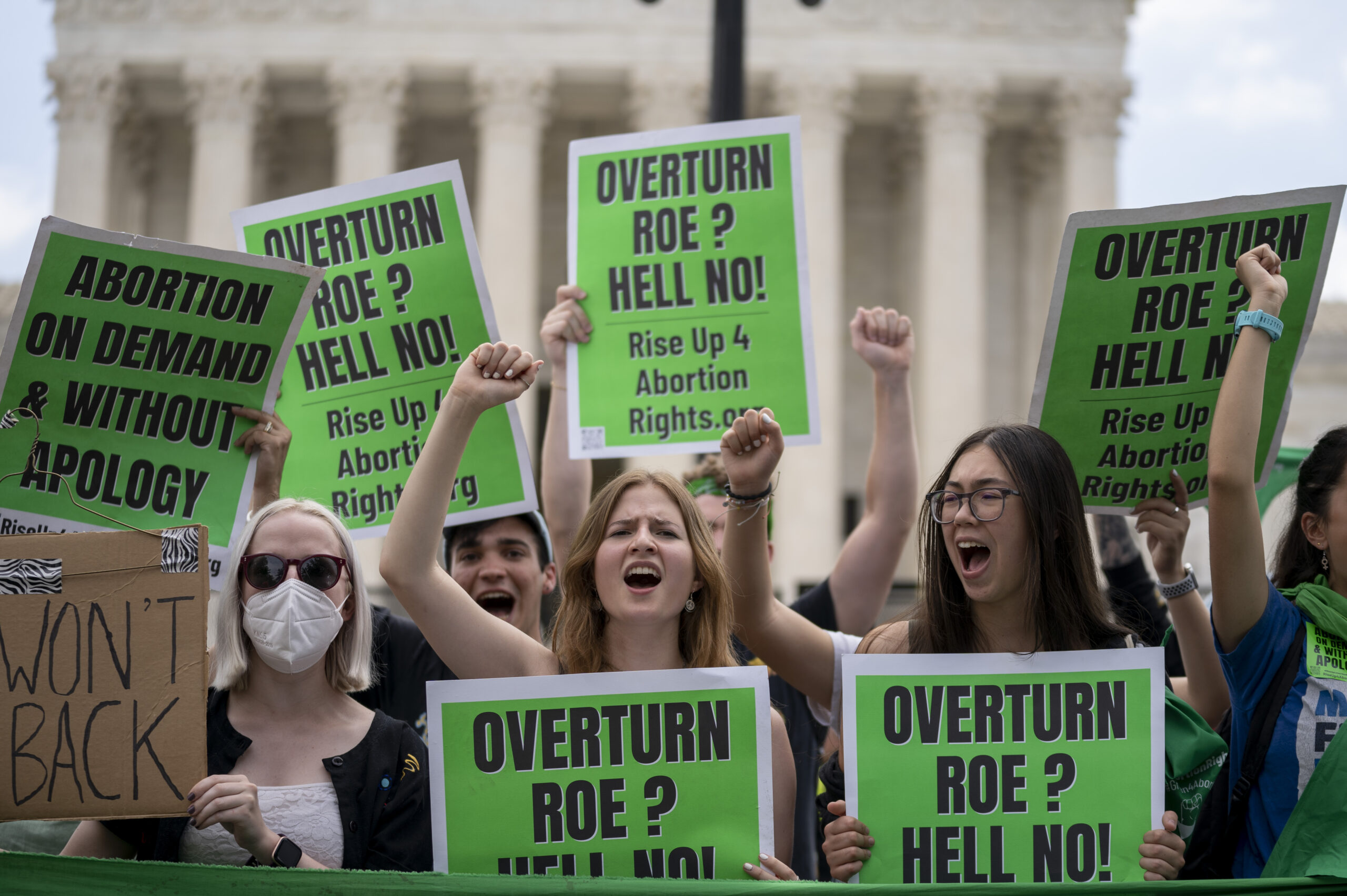
Following SCOTUS decision to overturn abortion protections, AG Garland says states can't ban the abortion pill
Following the Supreme Court’s historic decision on Friday to overturn Americans’ constitutional right to an abortion after almost 50 years, Attorney General Merrick Garland sought to somewhat reassure women that states will not be able to ban the prescription drug sometimes used for abortions.
Following the decision, the New England Journal of Medicine also published an editorial strongly condemning the reversal, saying it “serves American families poorly, putting their health, safety, finances, and futures at risk.”
Unlock this article instantly by becoming a free subscriber.
You’ll get access to free articles each month, plus you can customize what newsletters get delivered to your inbox each week, including breaking news.